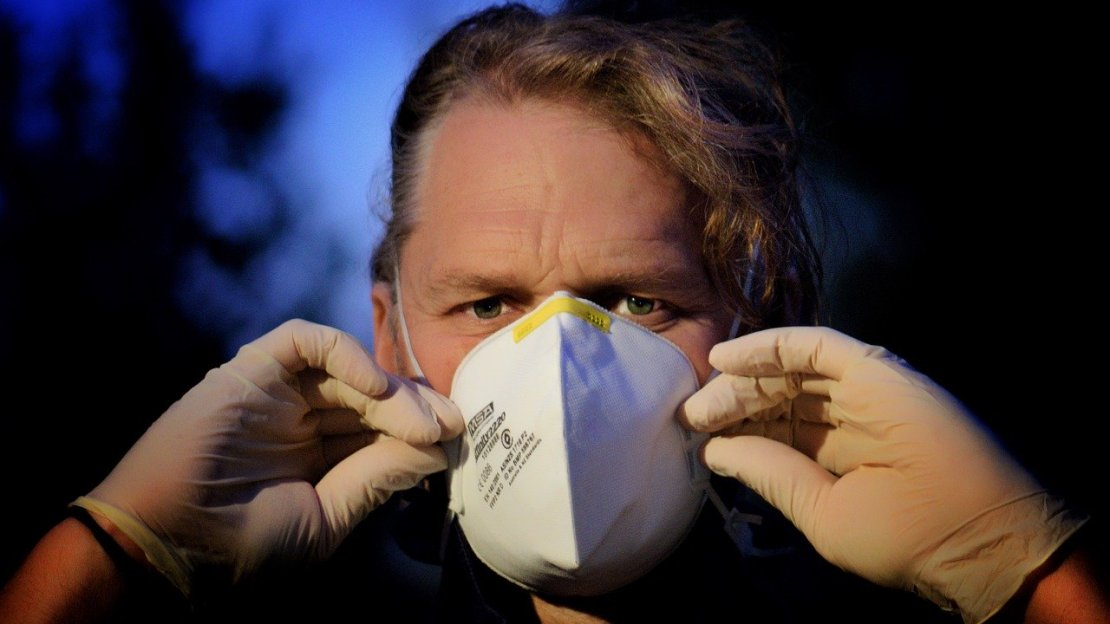John Tolley, April 20, 2020
As if losing your sense of smell and taste isn?t be bad enough, they could be warning signs of something more serious on the horizon. More and more, these are recognized as early symptoms exhibited by those infected with the novel coronavirus.
University of Illinois food science and human nutrition professor M. Yanina Pepino is part of an international team of 50 researchers from 38 nations investigating how anosmia - the loss of smell - and hypogeusia - loss of taste - are impact by the virus. Their hope is that these symptoms can aid in identifying those who are infected and contagious so that they can halt their interaction with the general public and seek care.
While much is known of the novel coronavirus? pulmonary effects, the Global Consortium for Chemosensory Research exams how it impacts the nervous system and how frequent is the occurrence.
Speaking with the University of Illinois news service, Pepino, whose research deals with clinical populations and their perceptions of taste and smell, explained how these unique symptoms have slowly emerged in world health reporting.
?With the exception of a handful of recently published studies, much of the information is anecdotal,? Pepino said. ?Interestingly, we have not heard much about this symptom in patients from Asia, but it has become noticeable in patients from Iran, Europe and now the United States. Between 60% to 80% of COVID-19-positive patients are reporting a complete loss of their sense of smell or taste.?
Penn State professor John E. Hayes, an leading expert in sensory evaluation and food science, leads the consortium.
Currently, they are undertaking an online, global survey of COVID-19 patients and survivors in order to gain a fuller picture of the array of symptoms. The hope is that thousands around the world will take the survey, creating a data pool large enough to establish connections between the sensory symptoms and the coronavirus.







